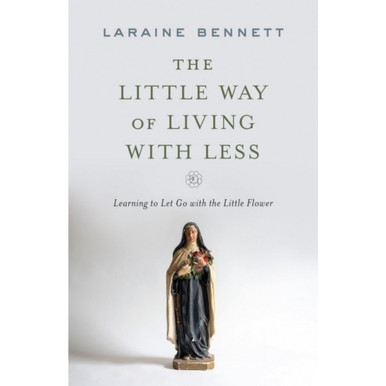Minimalism itself is not a virtue.
However, its principles coincide with several important virtues that are essential in today’s materialistic world.
Let’s take a look at these virtues:
The virtue of simplicity includes the practice of moderation—of acquiring and using only what we need to fulfill the duties and obligations of our state in life. It guides us to own no more—and no less—than what is necessary.
Simplicity removes the excess from our lives. It cuts away unnecessary possessions and distractions and provides balance by way of self-control. This requires great intentionality and practice! And that’s a good thing: the intentionality it requires forces us to confront our impulse-buying and frivolity.
Minimalism also promotes detachment from material goods, which aids in the practice of the virtue of detachment. Detachment is not about rejecting the material world. Rather, it’s about putting it in its proper place and not allowing it to dominate our lives. Detachment helps us center our eyes on Christ and heaven rather than earthly things.
By reducing our attachment to material possessions, minimalism fosters humility. It reminds us that our worth is not tied to what we own but to our identity as children of God.
Even though minimalism can help aid your spiritual life in these ways, it is important to recognize that it is not a virtue and is often practiced in a secular manner! Many of the books that promote minimalism don’t address the underlying spiritual aspect and instead promote an empty and unsatisfying approach to minimalism.
That is why it is so important to have a spiritual approach to minimalism!
In The Little Way of Living With Less, you’ll undergo a spiritual journey, guided by St. Therese of Lisieux, towards detachment, simplicity, and humility. This book will teach you that less really is more—by simplifying and decluttering your interior and exterior life, you will develop true freedom, joy, and gratitude. Order your copy today and begin to make more room for Christ in your heart and home!
















